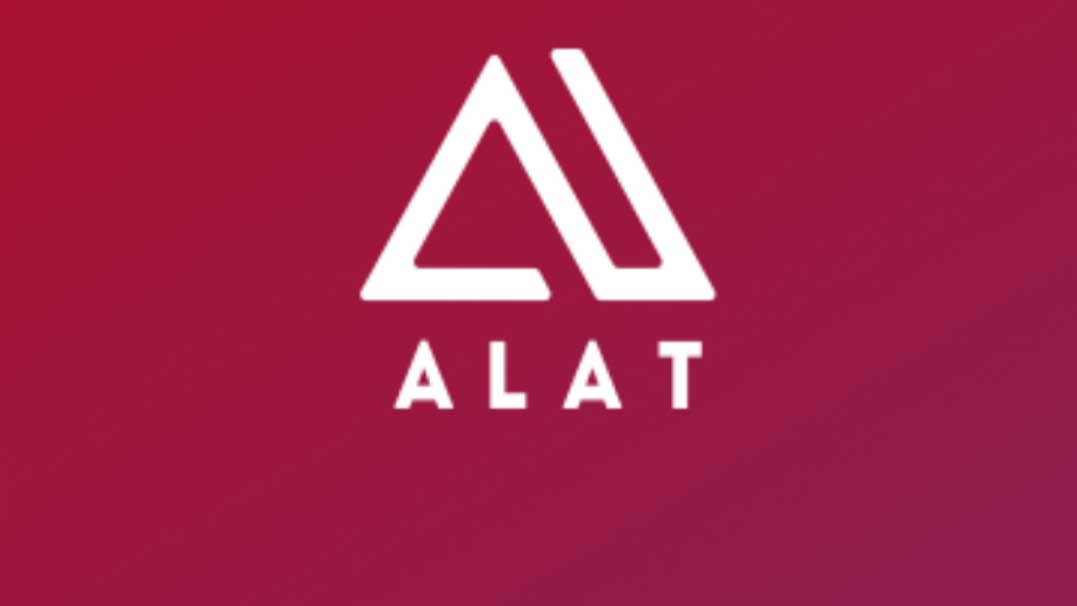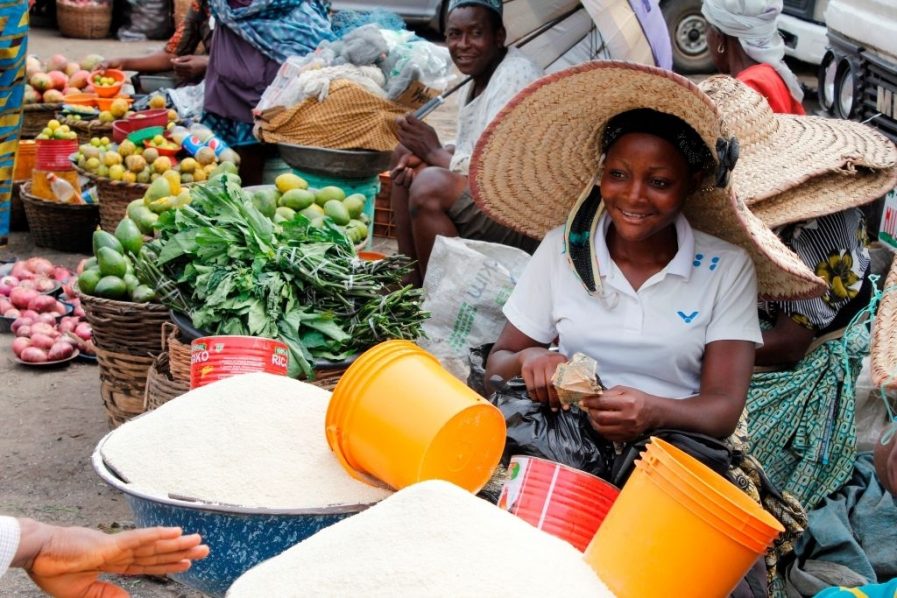 Except for a modest improvement in March this year, Nigeria’s Purchasing Managers Index – which measures the health of the manufacturing sector – has fallen consistently since December 2015. At 41.9 index points last month, the industrial and consumer sectors need to be stimulated. While the woes of manufacturing may have been compounded by several factors, a weakened purchasing power of consumers threatens the sector’s survival. FEMI ADEKOYA writes on measures to strengthen both sectors.
Except for a modest improvement in March this year, Nigeria’s Purchasing Managers Index – which measures the health of the manufacturing sector – has fallen consistently since December 2015. At 41.9 index points last month, the industrial and consumer sectors need to be stimulated. While the woes of manufacturing may have been compounded by several factors, a weakened purchasing power of consumers threatens the sector’s survival. FEMI ADEKOYA writes on measures to strengthen both sectors.
Stimulating the nation’s industrial sector may require more efforts than policy formulation as indices have shown that the sector’s resilience may be weakened by low purchasing power on the part of consumers.
Specifically, the Manufacturing PMI according to the Central Bank of Nigeria (CBN) dropped to 41.9 index points in June 2016, compared to 45.8 in May, implying that the manufacturing sector declined at a faster rate during the period.
Of the sixteen manufacturing sub-sectors, fourteen recorded decline in the review month in the following order: electrical equipment; nonmetallic mineral products; furniture & related products; fabricated metal products; chemical & pharmaceutical products; printing & related support activities; paper products; food, beverage & tobacco products; cement; computer & electronic products; plastics & rubber products; textile, apparel, leather & footwear; petroleum & coal products and primary metal.
 The remaining two sub-sectors however recorded expansion with appliances and components sub-sector leading and transportation equipment sector following.
The remaining two sub-sectors however recorded expansion with appliances and components sub-sector leading and transportation equipment sector following.
Indeed, the nation’s large infrastructure deficit inflates the cost of producing and transporting goods.
Notably, the prohibitively high cost of accessing power, imposes high barriers to entry into Nigeria’s manufacturing industry.
Manufacturers have decried the rising cost of production, noting that overhead cost incurred in providing alternative infrastructure like power is becoming unbearable for large and small-scale industrial firms who do not have capacity to invest in gas generators.
With the Automotive Gasoline Oil (AGO), known as diesel, which used to sell between N110 to N130 per litre, now selling for N200 per litre, manufacturers note that the cost of sustaining businesses through what should be an alternative power supply is becoming unbearable.
Similarly, capacity utilisation in the nation’s manufacturing sector continued to drop from its low record of about 50 per cent following poor gas supply to industrial layouts from Transmission Company of Nigeria.
Many industrial firms, especially those operating in the food, beverages and conglomerates sub-sector had about a decade ago, relocated to Ghana after being offered incentives like 15-year tax holiday, free land and other policy initiatives which would drive their businesses.
With African Union pursuing a path of closer integration through the launch of a common passport that will grant visa-free access to all 54-member states as well as rising cost of power, the manufacturers noted that the integration decision may see Nigerian firms exploring manufacturing opportunities in other countries.
President, Manufacturers Association of Nigeria (MAN), Dr. Frank Jacobs in a chat with The Guardian, said: “The absence of conducive manufacturing environment and basic infrastructure would continue to draw back the sector, except something urgent is done to reverse the situation. Power is a major cost for manufacturers and they will explore opportunities where it is cheaper to produce their goods.
“Conversion of diesel generators to gas is a viable alternative but it is not cheap for small scale industries, while gas supply has equally be hampered by continued destruction of oil and gas facilities by militants”.
Director-General of the Lagos Chamber of Commerce and Industry (LCCI), Muda Yusuf noted that businesses are being killed everyday through poor power supply and low purchasing power from consumers.
“Businesses are complaining. Petrol and diesel costs are unbearable at the current rates. It is a suffocating situation and I hope the issues of ease of doing business are addressed before opening markets to other economies,” he added.
Managing Director and Chief Executive of Financial Derivatives Company Limited, Bismarck Rewane stated that government embarking in a deficit budgeting is part of measures to address the recession into which the nation is slipping.
Rewane noted that the monthly allocation from the Federation Account may rise to about N800 billion from the present N500bn threshold with the Federation Accounts Allocation Committee distributing more to the three tiers of government to intervene in many states.
“Though the government has not announced the second quarter GDP growth even when we are in the third quarter, the standard formula or getting the nation out of recession is increased spending, enhanced investment and accelerated growth.
“If the stimulus package announced by the government had been embarked upon before now, this situation could have been avoided. The currency adjustment process also took a toll on the economy. With increased spending, projects will be embarked upon and jobs will be created. However, it is better late than never. We are getting there”, he added.






